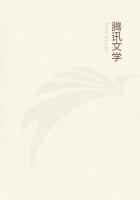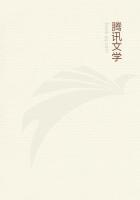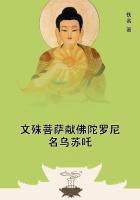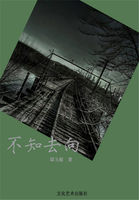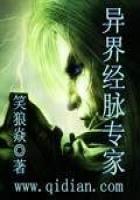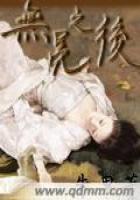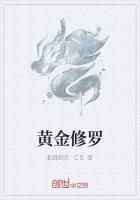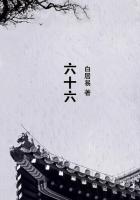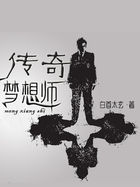from 988 to 1240--Russia formed, ecclesiastically speaking, part of the Patriarchate of Constantinople. The metropolitans and the bishops were Greek by birth and education, and the ecclesiastical administration was guided and controlled by the Byzantine Patriarchs. But from the time of the Mongol invasion, when communication with Constantinople became more difficult and educated native priests had become more numerous, this complete dependence on the Patriarch of Constantinople ceased. The Princes gradually arrogated to themselves the right of choosing the Metropolitan of Kief--who was at that time the chief ecclesiastical dignitary in Russia--and merely sent their nominees to Constantinople for consecration. About 1448 this formality came to be dispensed with, and the Metropolitan was commonly consecrated by a Council of Russian bishops. A further step in the direction of ecclesiastical autonomy was taken in 1589, when the Tsar succeeded in procuring the consecration of a Russian Patriarch, equal in dignity and authority to the Patriarchs of Constantinople, Jerusalem, Antioch, and Alexandria.
In all matters of external form the Patriarch of Moscow was a very important personage. He exercised a certain influence in civil as well as ecclesiastical affairs, bore the official title of "Great Lord" (Veliki Gosudar), which had previously been reserved for the civil head of the State, and habitually received from the people scarcely less veneration than the Tsar himself. But in reality he possessed very little independent power. The Tsar was the real ruler in ecclesiastical as well as in civil affairs.*
As this is frequently denied by Russians, it may be well to quote one authority out of many that might be cited. Bishop Makarii, whose erudition and good faith are alike above suspicion, says of Dmitri of the Don: "He arrogated to himself full, unconditional power over the Head of the Russian Church, and through him over the whole Russian Church itself." ("Istoriya Russkoi Tserkvi," V., p.
101.) This is said of a Grand Prince who had strong rivals and had to treat the Church as an ally. When the Grand Princes became Tsars and had no longer any rivals, their power was certainly not diminished. Any further confirmation that may be required will be found in the Life of the famous Patriarch Nikon.
The Russian Patriarchate came to an end in the time of Peter the Great. Peter wished, among other things, to reform the ecclesiastical administration, and to introduce into his country many novelties which the majority of the clergy and of the people regarded as heretical; and he clearly perceived that a bigoted, energetic Patriarch might throw considerable obstacles in his way, and cause him infinite annoyance. Though such a Patriarch might be deposed without any flagrant violation of the canonical formalities, the operation would necessarily be attended with great trouble and loss of time. Peter was no friend of roundabout, tortuous methods, and preferred to remove the difficulty in his usual thorough, violent fashion. When the Patriarch Adrian died, the customary short interregnum was prolonged for twenty years, and when the people had thus become accustomed to having no Patriarch, it was announced that no more Patriarchs would be elected. Their place was supplied by an ecclesiastical council, or Synod, in which, as a contemporary explained, "the mainspring was Peter's power, and the pendulum his understanding." The great autocrat justly considered that such a council could be much more easily managed than a stubborn Patriarch, and the wisdom of the measure has been duly appreciated by succeeding sovereigns. Though the idea of re-establishing the Patriarchate has more than once been raised, it has never been carried into execution. The Holy Synod remains the highest ecclesiastical authority.
But the Emperor? What is his relation to the Synod and to the Church in general?
This is a question about which zealous Orthodox Russians are extremely sensitive. If a foreigner ventures to hint in their presence that the Emperor seems to have a considerable influence in the Church, he may inadvertently produce a little outburst of patriotic warmth and virtuous indignation. The truth is that many Russians have a pet theory on this subject, and have at the same time a dim consciousness that the theory is not quite in accordance with reality. They hold theoretically that the Orthodox Church has no "Head" but Christ, and is in some peculiar undefined sense entirely independent of all terrestrial authority. In this respect it is often contrasted with the Anglican Church, much to the disadvantage of the latter; and the supposed differences between the two are made a theme for semi-religious, semi-patriotic exultation. Khomiakof, for instance, in one of his most vigorous poems, predicts that God will one day take the destiny of the world out of the hands of England in order to give it to Russia, and he adduces as one of the reasons for this transfer the fact that England "has chained, with sacrilegious hand, the Church of God to the pedestal of the vain earthly power." So far the theory. As to the facts, it is unquestionable that the Tsar exercises a much greater influence in ecclesiastical affairs than the King and Parliament in England. All who know the internal history of Russia are aware that the Government does not draw a clear line of distinction between the temporal and the spiritual, and that it occasionally uses the ecclesiastical organisation for political purposes.
What, then, are the relations between Church and State?
To avoid confusion, we must carefully distinguish between the Eastern Orthodox Church as a whole and that section of it which is known as the Russian Church.

